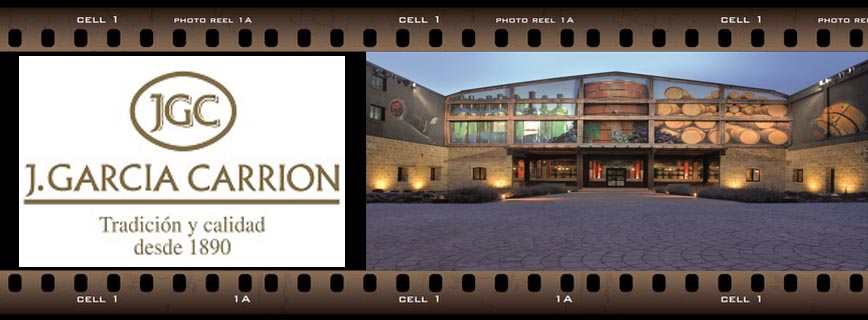
01330,
Bastida,
Álava View the finest selection of Cava, buy online
Contact our hostelry experts for all your requirements - Contact us

Contact our hostelry experts for all your requirements - Contact us
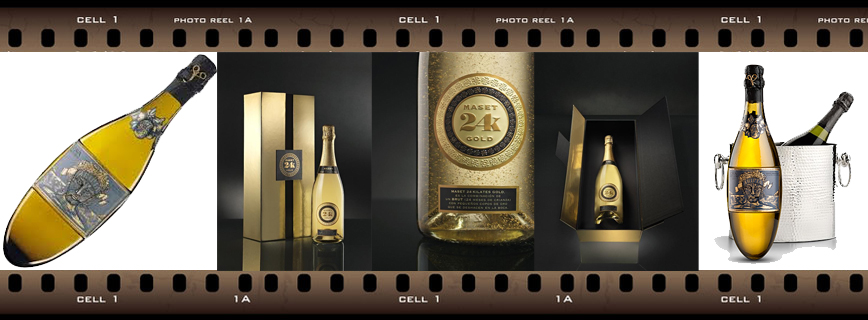
Cava is Spain's iconic sparkling wine style, and the Iberian Peninsula's answer to Champagne. Its name comes not from a place, grape variety or winemaking technique, but from the stone cellars (cavas) in which the wine is matured. The style was first produced in the 1870s, by a Josep Raventós, on his return to Catalonia after a visit to France. Raventós had married into the Cordorníu family, whose brand still dominates Cava production today.
View the finest selection of Cava, buy online ![]()
”Show-More”
The 'caves' of Cava
The adoption of its name, Cava and its producers have worked hard to distinguish it from its more famous French counterpart. It doesn't bear Champagne's hefty price tag and thus has been portrayed as a beverage not confined to special occasions that still offers quality and, of course, the beloved bubbles.
While the original Cavas were produced exclusively in Catalonia – specifically in a small town called San Sadurní de Noya – modern Cava can come from various parts of Spain. Aragon, Navarra, Rioja, Pais Vasco, Valencia and Extremadura have specific demarcated areas which qualify for the DO, although in reality less than 10% of Cava wine comes from these regions. The heart of Cava production very much remains in San Sadurní de Noya. All of the scattered areas share similarities of climate, largely Mediterranean, with moderate rainfall. Most vineyards sit at around 650-985ft (200-300m), although some reach 2625ft (800m).
The traditional grape varieties used in Cava were Macabeo, Parellada and Xarel-lo, but the Champagne grapes Chardonnay and Pinot Noir are also now being used. Macabeo makes up around half of a standard Cava blend – not because of its flavor (it is quite bland), but because it represents a viticultural insurance policy. Macabeo vines bud relatively late in the spring, ensuring that their flowers and grapes are safe from early frosts. The interesting, slightly earthy flavors that distinguish Cava from most Champagnes are generally attributed to Xarel-lo grapes. Pinot Noir and Monastrell are used to bring red pigment and depth of flavor to Cava Rosado, which may also be labeled as Cava Rosé. Grenache, Malvasia and Trepat are also authorized for use in Cava by the Consejo Regulador wine authority, although the latter is allowed only in rosado wines.
The production conditions placed on Cava winemakers are not dissimilar to those followed by their counterparts in Champagne. All Cava wines must be lees aged for a minimum of nine months, and reach a final alcohol level of no less than 10% and no more than 13%.
Cavas come in a variety of sweetness levels and are classified into the following (in ascending order of sweetness
SPANISH CAVA
N5 Group offer a superb selection of Spanish Cava available.
Deluxe products at budget prices saving you up to 40 % compared to your local supermarket and off-license.
You can order online through our express checkout to achieve some of the best products delivered direct to your home.
Buy Spanish Cava, sparkling Spanish Cava for sale lowest prices, Buy Spanish Cava, we also offer a fantastic selection of Spanish, Italian, French and New World wines for sale, Carte Blanche Spanish Cava store.
Buy Spanish Cava, we guarantee lowest priced drinks for sale, Spanish Cava for sale. Buy low cost drinks, you can rely on Carte Blanche, we are never knowingly undersold
”Show-Less”
Contact our hostelry experts for all your requirements - Contact us
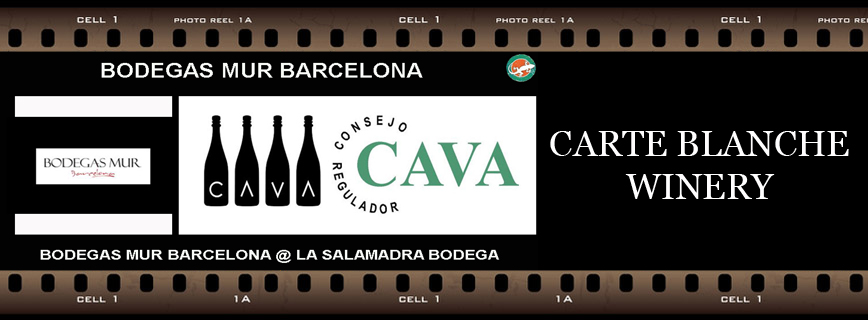
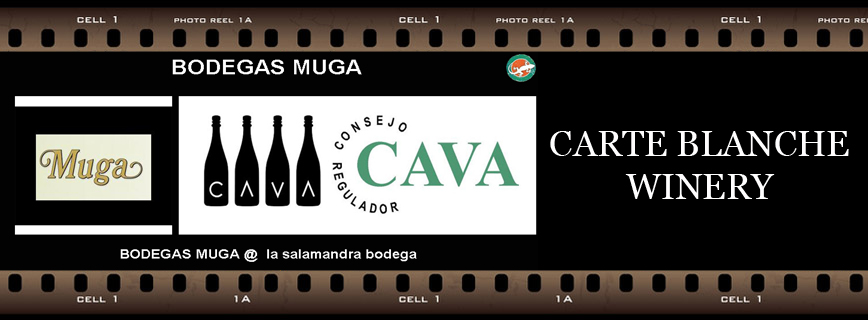
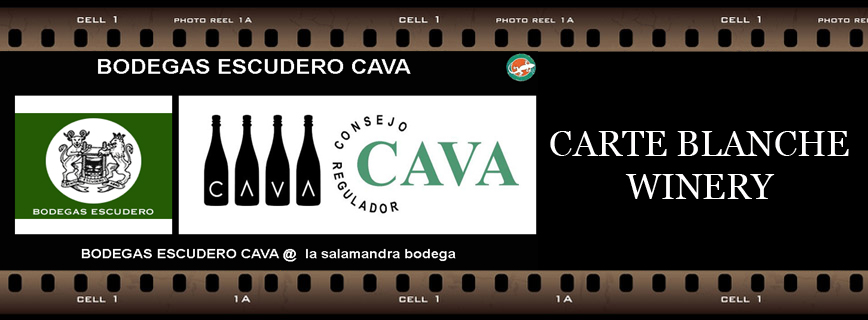


GROUP HQ
GROUP REAL ESTATE
GROUP DISTILLERY